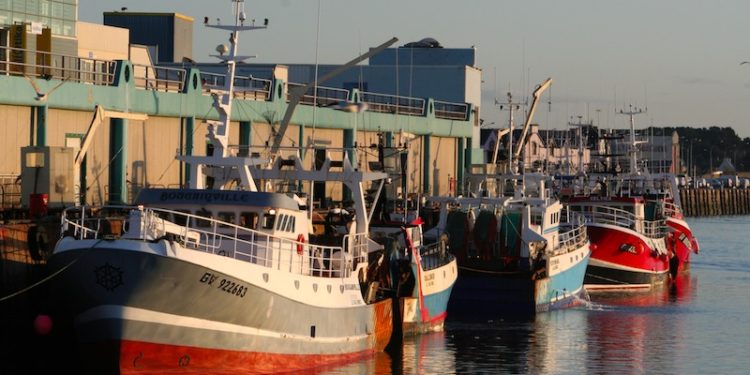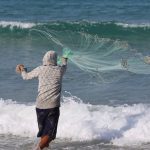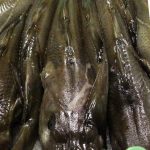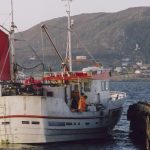This year’s Council of Ministers is over following the usual gathering in Brussels. In broad terms, in 2019 there will be 59 fish stocks that are managed at MSY levels, some TACs have been increased, others cut, protection measures are in place for eel, bass remains a huge headache and the landings obligation comes into force on 1st January.
This year’s negotiations were intense, leading to agreement on the main commercial stocks, and with decisions based on a strong commitment to the objectives of the CFP of environmental, economic and social sustainability, and with the council largely confirming the European Commission’s initial proposals which were for increased or unchanged TACs for 62 stocks and reduced TACs for 22, plus new by-catch quotas set at low levels for eight stocks so as to reduce the fishing pressure.
Increases have been applied to a number of stocks, including plaice in Skagerrak/Kattegat, southern hake, western and southern horse mackerel, cod, sole and plaice in the Irish Sea, and sole and megrim in the Bay of Biscay.
The issue of choke species in mixed fisheries has been addressed through enhanced inter-area and inter-species flexibility. A new quota exchange mechanism was created for member states without a quota for by-catches in five fisheries; cod in the Celtic sea and west of Scotland, whiting in the Irish sea and west of Scotland, and plaice in the south-western part of Area VII.
The milestone about to be passed in a few weeks is the full implementation of the discard ban as of 1st January.
‘As of 1st January 2019 we finally say goodbye to the wasteful practice of discarding fish,’ said an optimistic President of the Council Elisabeth Köstinger, Austria’s Federal Minister for Sustainability and Tourism.
‘This is a milestone for the reformed Common Fisheries Policy, but also a challenge for our fishermen in basins like the Atlantic and North Sea. I am glad to say that today’s agreement takes this challenge fully into account and provides good solutions which address the socio-economic and environmental sustainability of EU fisheries.’
Protection
Protection has been extended for European eel with mandatory closures agreed for 2018 to recreational fisheries and glass eel fisheries. These measures will cover brackish waters such as estuaries, coastal lagoons and transitional waters, and will ensure consistency with the measures on eel in the Mediterranean Sea.
Commercial fishing for northern sea bass will remain prohibited with some exceptions, taking into account the positive developments reflected in the scientific advice and with bass fishing measures geared towards small -scale hook and line boats.
It was decided that bass catches can be increased to 5.50 tonnes/vessel for hooks and line fishery, to 400kg for two months for trawlers, to 210kg for seiners, and 1.40 tonne per year for fixed gill net vessels. For recreational fisheries the bag limit remains at one fish per day but for seven months.









